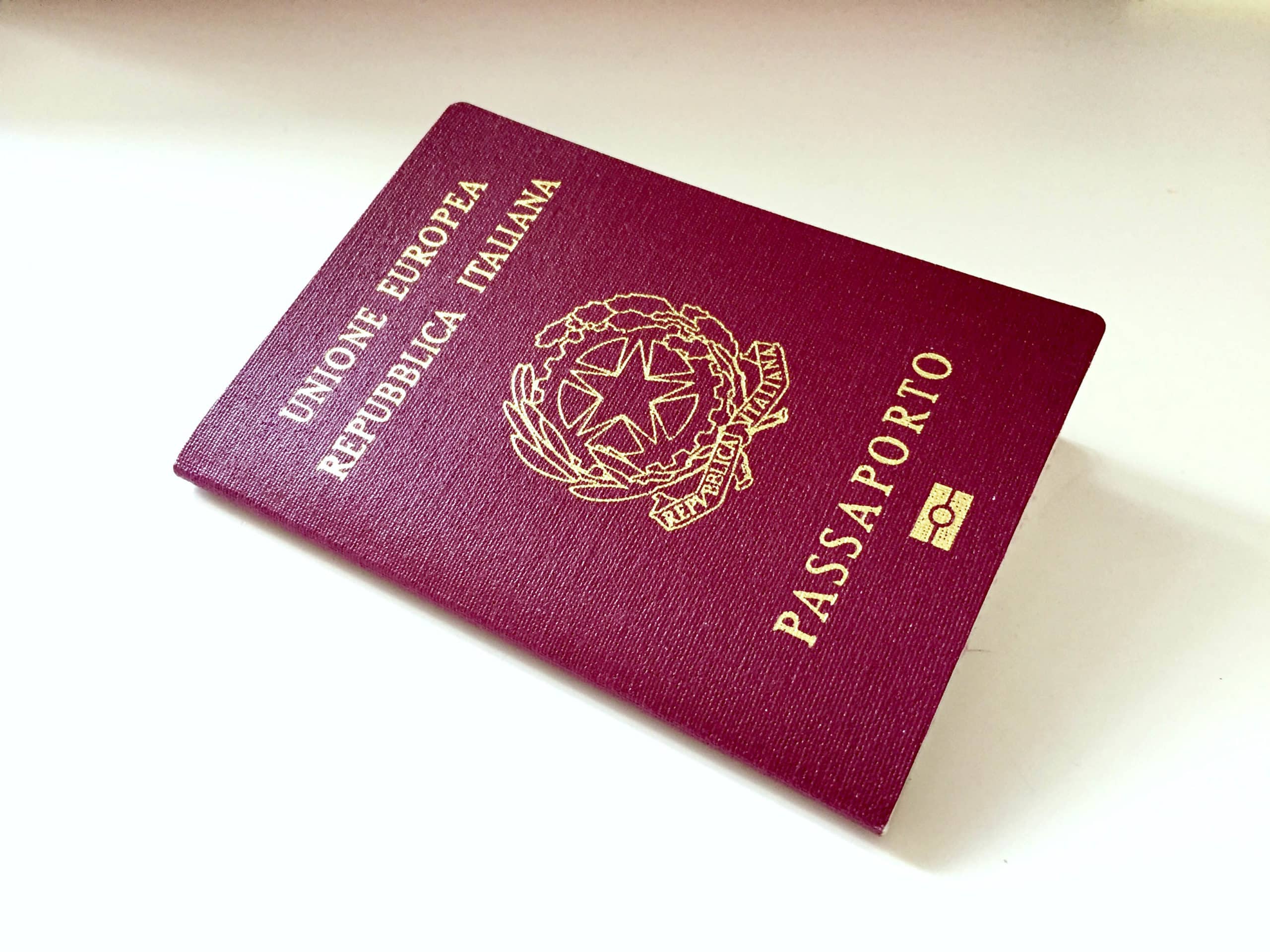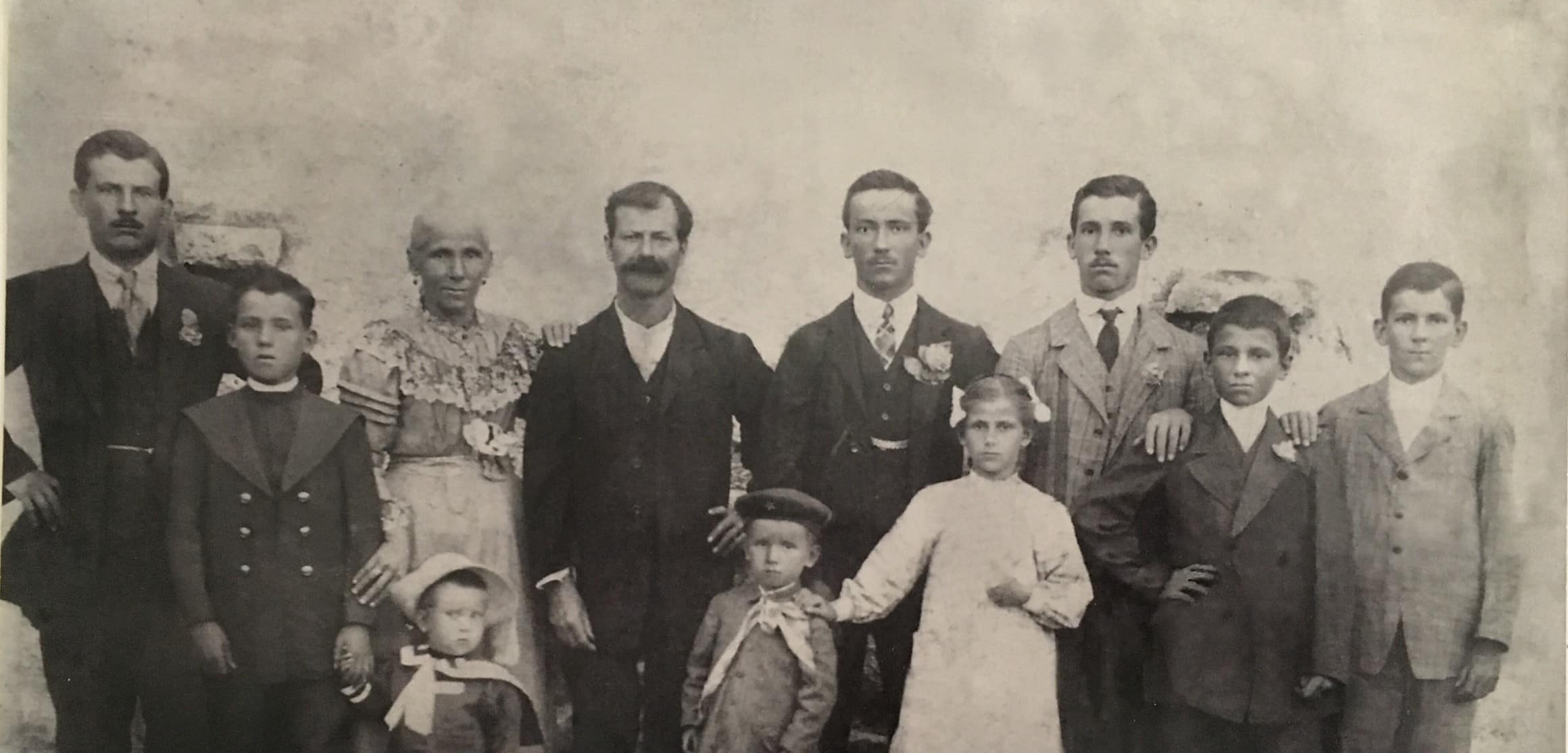Check with THIS CHART if you qualify to claim your Italian citizenship by descent.
What is Italian Citizenship Jure Sanguinis?
Under Italian citizenship by descent, the Italian line is determined to begin with the last Italian ancestor born in Italy, or, for those ancestors who were born in Italy prior to Italian unification, those who were Italian citizens upon leaving the Italian territory.
Conversely, it is also possible to be born in Italy and not be Italian. Or, for example, those who renounced their Italian citizenship, either willingly or unwillingly, are not considered to be of uninterrupted Italian heritage.
Limitations to Italian Citizenship by Descent when applying for an administrative procedure
- Mother: If your mother was an Italian citizen at the time of your birth and you were born after January 1, 1948, you are eligible for citizenship.
- Father: If your father was an Italian citizen at the time of your birth, you are eligible for citizenship.
- Maternal Grandfather: If your maternal grandfather was an Italian citizen when your mother was born, and you were born after January 1, 1948, you are eligible for citizenship.
- Paternal Grandfather: If your paternal grandfather was an Italian citizen when your father was born, you are eligible for citizenship.
- Maternal or Paternal Great-Grandfather: If your maternal or paternal great-grandfather was an Italian citizen when your maternal or paternal grandfather was born, you are eligible for citizenship (female line rule applies).
Overall, there is no limit as to the number of generations back to which this policy applies, provided that eligible ancestors emigrated after March 17th, 1861, the date of Italy’s unification, and naturalized after July 1, 1912; prior to this point, naturalizing in a country other than Italy, revoked Italian citizenship.
Some locations have additional requirements as well; those with ancestors born in Veneto, Friuli-Venezia-Giulia, or Trentino Alto-Adige, since these territories were annexed to Italy at a later time.
The Judicial Procedure
While the Italian consulate in your location will adhere to this ruling, there are ways to fight back. The attorneys at Studio Legale Stornelli can advocate on your behalf to circumvent these restrictions. By applying for Italian citizenship through a judicial procedure rather than the classic administrative procedure, it may be possible to achieve citizenship, even if your circumstances render you seemingly ineligible.
Demonstrating Eligibility
Due to the nature of Italian law and the paperwork involved in demonstrating a right to citizenship, the process to indicate uninterrupted lineage can be quite complex. Filling out the requisite forms without legal assistance can be challenging, especially for those without access to all necessary documents or an easy way to secure all the necessary records.
Instead of struggling to find the necessary information alone, an Italian attorney can help you prepare the strongest possible case. Soliciting assistance from a team of Italian legal professionals can help you obtain and translate records, fill out forms, and file required applications promptly and correctly with the Italian consulate, for non-Italian residents. However, in some cases an applicant can apply by the correct local office directly in Italy.





